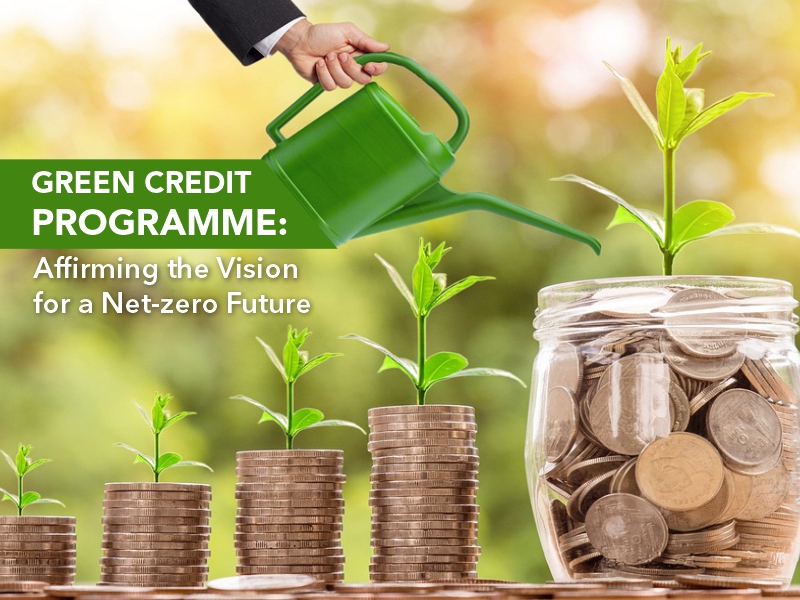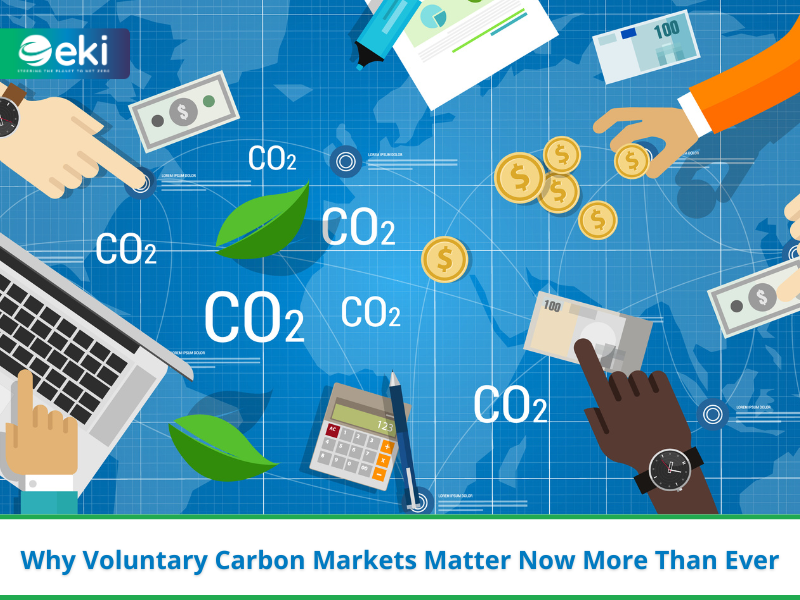
The Budget 2023 made key declarations with regard to country’s green growth agenda and one noteworthy announcement is the establishment of regulations for the Green Credits Programme, which will be governed by the Environmental Protection Act.
What is green credit programme?
The green credits programme will be designed to help mitigate climate change, build adaptive capacity and improve the overall state of the environment by increasing energy and resource use efficiency and encouraging environmental conservation among other measures.
The programme aligns with the vision for ‘Lifestyle for Environment (LiFE)’, ‘panchamrit’ and net-zero carbon emissions by 2070. The aim is to encourage behavioural change and incentivise environmental services and ecosystem services across different sectors and activities that support LiFE or Lifestyle for Environment, a concept introduced by Prime Minister Narendra Modi at COP26 in Glasgow.
Further, the green credit programme will incentivize sustainability and climate action related to forest and ecosystem services, waste management, air quality, water quality and access. It will also incentivize the distribution of additional resources for adoption of environmentally sustainable technologies and processes by local bodies, individuals and companies and provide fiscal incentives.
Potential Types of Credits
Potential Type of Credits under the programme shall be-
- Forest & Ecosystem Credits
- Air Quality Credits
- Water Quality and Access Credits
- Waste Management Credits
- Energy Efficiency Credits
- Renewable Energy Generation Credits, among others
Above mentioned credits are additional to domestic (Indian) emission trading system carbon credits under ECAct2022, International Voluntary Carbon Credits. Article 6 Carbon Credits under Paris Agreement and Plastic Credits under EPR Regulations.
Potential trade rates of these credits shall be less than carbon credits but if sold jointly with carbon credits then it will be more than prevailing carbon credits.
Indicative Green Credit Mechanism
A mechanism (Policy and Regulation) aligned with the domestic and international carbon market is requisite to create a significant impact and align the green credit programme with the country’s vision for a net-zero future. An indicative green credit mechanism shall include high-quality projects in priority sectors like waste management, water, forest ecosystem and transport in addition to legal framework and legislation.
The market infrastructure shall also be re-developed to facilitate green credit trade or transfer. The new market infrastructure could include a national ‘mega-registry’ for all carbon instruments which could be potentially linked to international registries. Demand side management strategies should ensure market stability, existing trading infrastructure should enable the trade of green credits and MRV protocols should be aligned with global best practices. The Carbon component of green credits could be mobilised under CORSIA, Article 6 and domestic/international voluntary carbon market.
Regulatory Body
Potential support for this program shall be from UN agencies like Green Climate Fund, UNDP, etc. Ministry of Environment, Forest and Climate Change of India (MOEFCC) and its sub-committees/bodies could be the regulatory body of the Green Credit Programme. Once the scheme gets approved after stakeholder consultation, MOEFCC or the regulating body will devise an overall policy framework, prepare guidelines under FCA & EPA, set up institutions for the implementation of the scheme and allocate functions to all institutions. The strategic advisory committee will ensure alignment with international mechanisms, review new methodologies and ensure demand-supply analysis of green credits. The creation of a domestic carbon market will further enhance the significance and adoption of the scheme.
Focus
The budget 2023 builds focus on green growth and energy transition. It supports the vision for “LiFE”, i.e. Lifestyle for Environment, to spur a movement toward an environmentally conscious lifestyle. The green credit programme, once implemented and operational, will prove to be a crucial approach in advancing a country’s sustainable goals.










